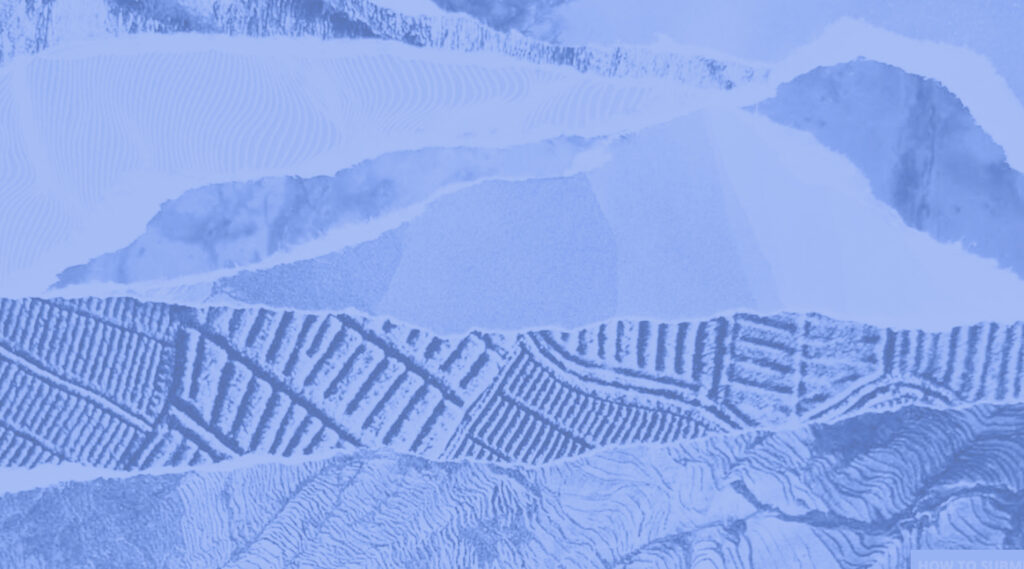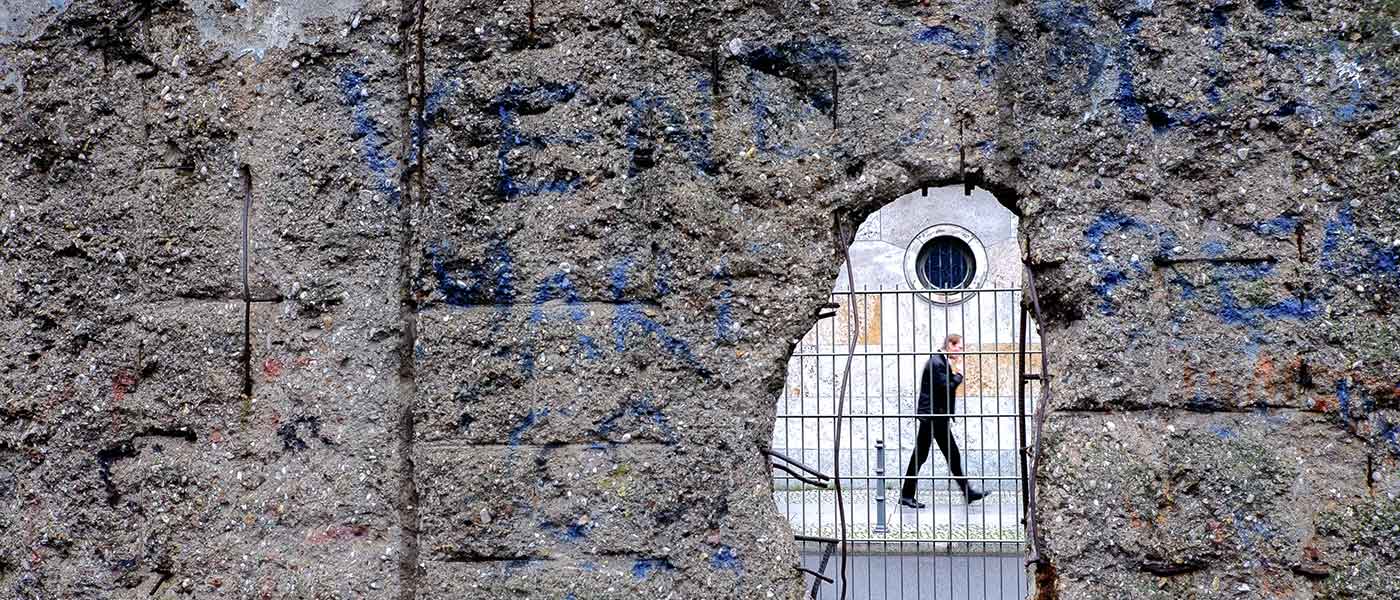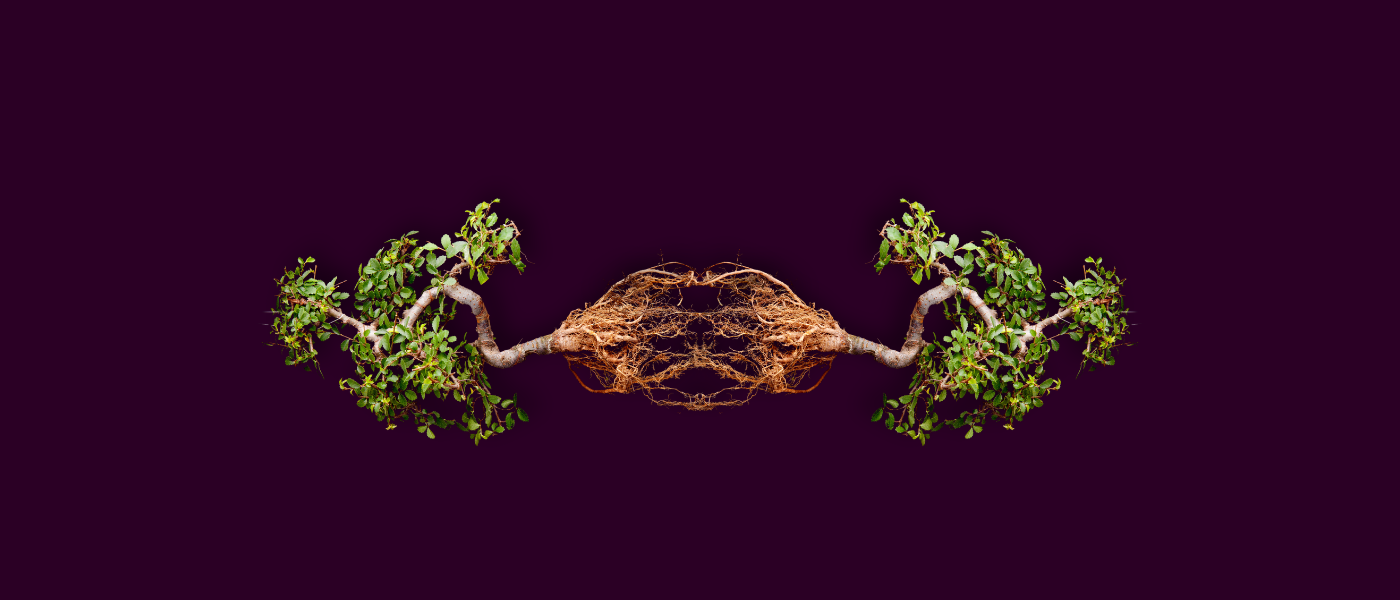As clouds give way to blue skies and sun, summer takes hold of New York City. Pedestrians sport umbrellas for shade and sweat-soaked striders seek shelter in the sometimes-air-conditioned, sometimes-not-air-conditioned subway cars. While embarking and disembarking from these cars, there is a constant and understood directive: watch the gap. In other words, don’t step into the divide; don’t get stuck. For the past ten months, we’ve been wrestling with gaps — namely, those that exist between us, as human beings — between what you know and what I know, how you grew up and how I grew up, between your opinions and mine. Every interaction between us is informed by these differences, but where do they come from?
Theories range from Blank Slate Theory to Divine Providence; just utter the phrase “nature versus nurture” into casual conversation and watch tempers flare. This is what the four of us have been sweating over: what, and possibly who, creates these gaps? And how can we fill them in? We live in a world increasingly rocked by stories of new equality, in which disenfranchised groups long neglected and mistreated by society are finally given their rights. But alongside these stories are those where hatred triumphs, where difference is presented by angry perpetrators as the thing to be ignored or most horridly used as justification for violence, instead of accepted and celebrated.
Almost two hundred years ago, American historian Alexis de Tocqueville understood that revolutions of thought, which excite and energize some, repulse and revolt others, creating wider and wilder gaps between positions on difficult issues. So what would it take to shift the narrative, to close the gap between what you know to be truth and what someone else dismisses as opinion? Might the plasticity of our language be responsible for the gaps between us? We won’t know for sure until you tell us. Render a moment that changed your mind, or someone else’s. Show us a gap in public knowledge that yearns to be filled. Point us towards perceptions that could stand to shift. Tell us, in essays, poetry, fiction, visual art, or song, about what goes on between us.
This call was co-curated by Zeina Abi Assy, Joyce Chen, Bretty Rawson, and Zach Reeves.
The featured image for the issue is “Gray train station,” by Artur Tumasjan.



